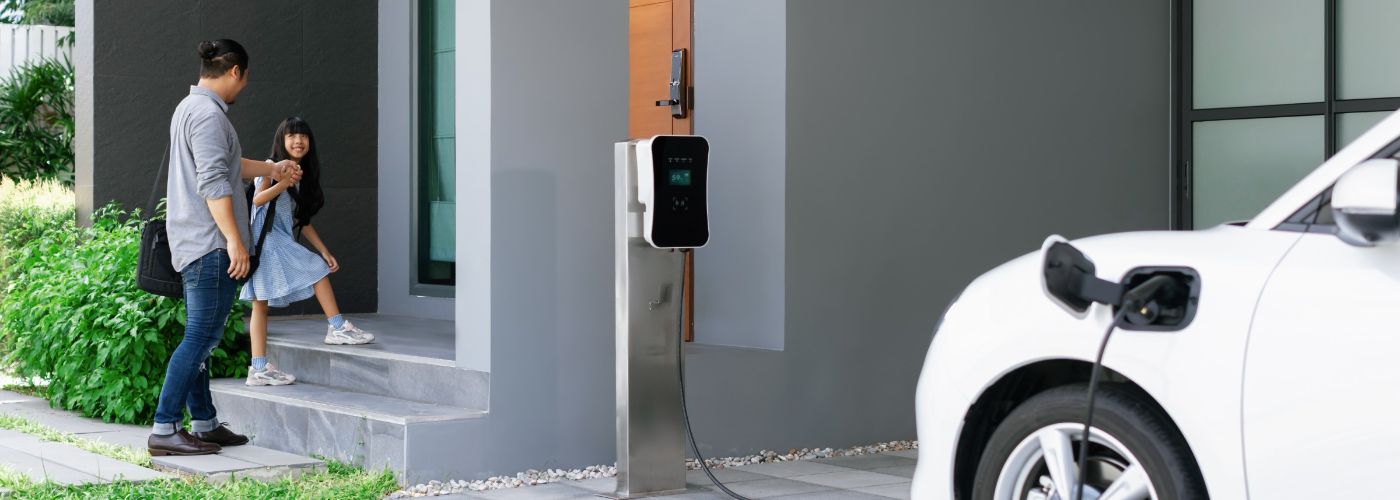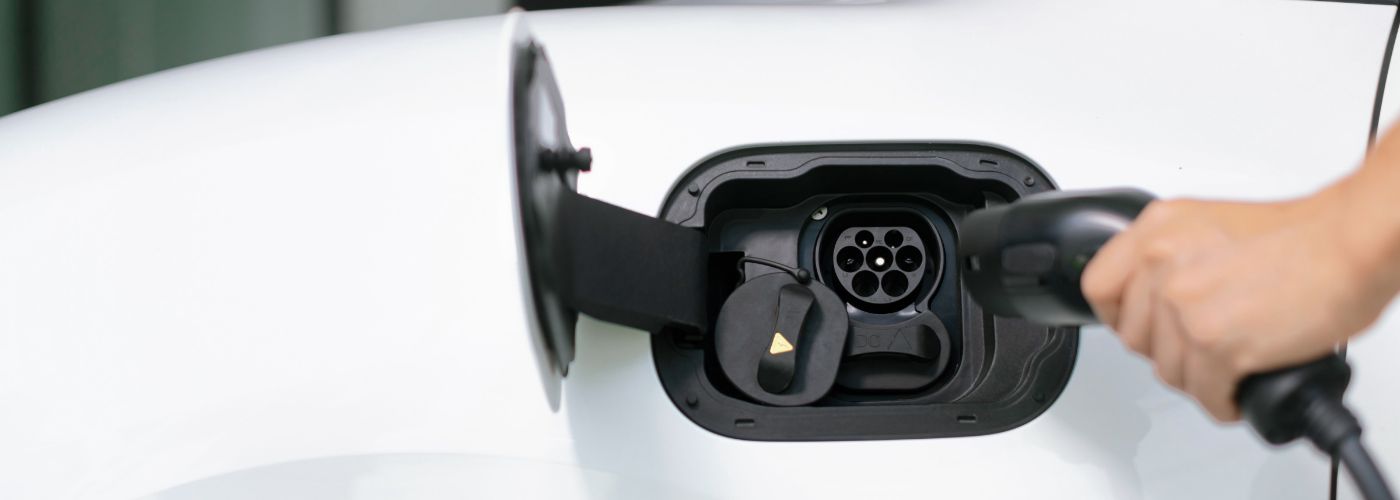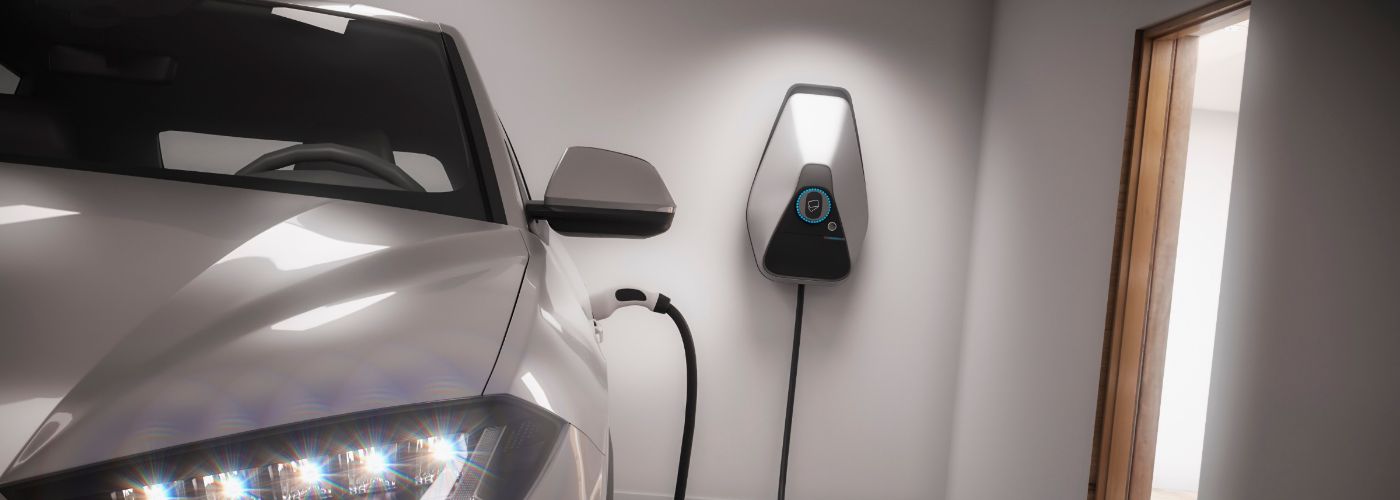As electric vehicles become increasingly popular, many drivers are considering installing an EV charger in their home. Installing an EV charger can offer significant convenience and cost savings, but there are also a few drawbacks to consider. This blog will explore the pros and cons of EV charger installation in order to help you decide if it’s the right choice for your household.
Do I Need A Permit To Install An EV Charger?

If you are planning to install an electric vehicle (EV) charger in your home or business, one of the questions that may come to mind is whether you need a permit.
The answer to this question depends on various factors such as your location, the type of charger you want to install, and the regulations in your area.
Before starting any installation work, it’s important to check with your local authority or building department regarding the requirements for installing EV chargers. In some areas, permits may not be required for level 1 chargers (which use a standard 120-volt household outlet), but they may be necessary for level 2 chargers (which require a dedicated circuit and typically provide faster charging).
In addition to permits, there may also be other requirements you need to meet, such as electrical code compliance and safety regulations.
Should I Install My EV Charger Inside Or Outside?

If you’re a proud owner of an electric vehicle (EV), you must be wondering where to install your EV charger. Should it be installed inside or outside the house? Well, that decision depends on several factors, including weather conditions, space availability, and compliance with electrical codes.
Installing an EV charger indoors can provide many benefits. For instance, it protects the charger from harsh weather conditions such as rain or snow. Moreover, suppose you have limited outdoor space or live in a community with strict regulations about installing external fixtures like chargers outside your home.
In that case, indoor installation is your best bet. You can also benefit from charging your car during inclement weather when venturing out isn’t desirable or safe.
On the other hand, outdoor installations have their advantages too. For starters, they are less expensive than indoor installations because there’s no need for additional wiring or conduit.
Outdoor EV chargers make it convenient for those to walk onto their driveway, unplug their charger and go about the their day. Additionally, it’s great for those who limited space in their garage.
How Long Does It Take To Install An EV Charger?

Are you considering installing an electric vehicle (EV) charger in your home or workplace? One of the main concerns people have when contemplating such a decision is how long the installation process will take?
The answer to this question depends on various factors, including the type of charger you choose, your location, and any modifications needed to your electrical system.
Generally speaking, a standard Level 2 EV charger can take between two hours to a full day to install. This type of charger requires a dedicated circuit and a higher voltage than what is typically found in most household outlets.
Some homes may need additional electrical work done before the installation can be completed, which can add time and cost to the project.
If you opt for a fast DC charging station, installation times may vary even more widely. It’s best to speak with a Solar Panels & Roofing Company in Los Angeles that can help you with EV charger installation.
Can Electricians Install EV Chargers?
One question that often arises is whether their trusted electrician can install the EV charger. The answer is yes, but with a few considerations.
First and foremost, it’s important to ensure that your electrician has experience working with EV chargers specifically. Not all electricians have this expertise, so it’s worth asking for references or checking reviews before hiring someone.
Additionally, the installation process may require permits and inspections from local authorities, so make sure your electrician is familiar with these requirements.
Another factor to consider is the electrical capacity of your home. Installing an EV charger may require upgrading your electrical panel or wiring to accommodate the additional load.
A qualified and experienced electrician will be able to assess your home’s electrical system and provide recommendations for any necessary upgrades.
